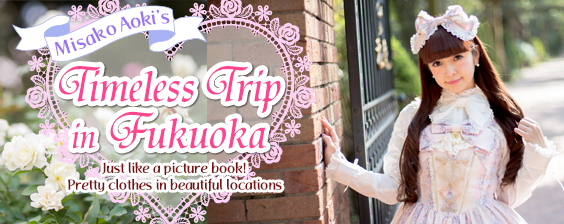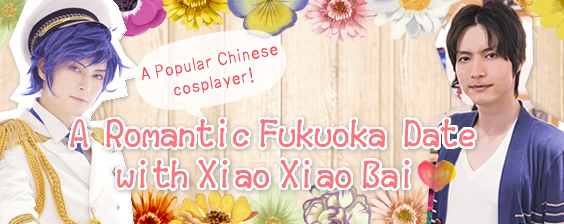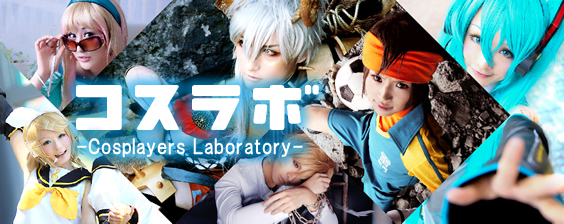- Home
- Pop Culture Chronicles ~ On th...
- #11 Interview with Morning Mus...
#11 Interview with Morning Musume。'14 After Their Concert Success in New York – How New York Changed Us and Our Plans From Here on(2/3)
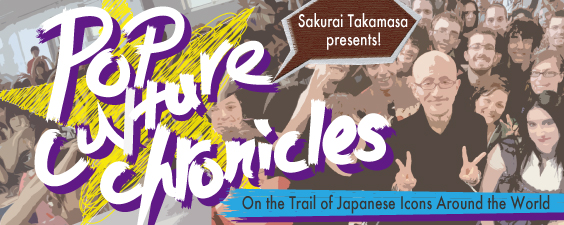
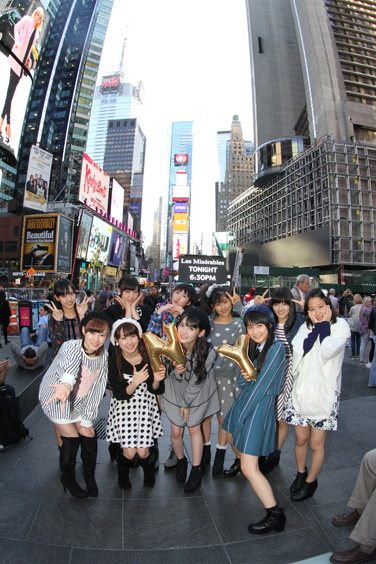
Masaki Sato During the MC at our concert, I said to the crowd in English, “Call me Maa-chan.” It was the first time I’ve ever said this but I think I can probably use it again at our next performance.
Ayumi Ishida I’m originally from Miyagi Prefecture but I was always attracted to places like Shibuya in Tokyo. It feels kind of strange now that I can walk the streets of Shibuya whenever I want, but ever since joining Morning Musume。 I found myself longing to go abroad and now I’ve made it to New York. I always thought New York would be this dazzling, neon-lit city, but now I know it actually has a lot of chilled out places too, so my impression of New York has changed completely. I’d love to be able to come here so often that I get familiar with the place.
Haruna Iikubo (During the MC at the concert, she told everyone that she was a big manga otaku.) At our handshake session, a lot of fans came up to me and told me that they were otaku too. So I was really happy I was able to speak with some likeminded otaku. I learned that the Japanese word “otaku” is now in common usage, too.
In Japan I usually get called “Harunan,” but in New York everyone kept calling me “Honey,” which was a bit of a surprise. In one of our “making of” videos there’s a segment called “Sweet Sweet Honey Time” where I introduce some of our outfits, and it seems that’s where everyone got “Honey” from. This experience has made me want to use more English in the activities I do with Morning Musume.
Kanon Suzuki I learned how important it is to express yourself in other ways when words won’t work. I was already aware of this in Japan, but it reminded me to be even more aware from now on.
The New York Concert
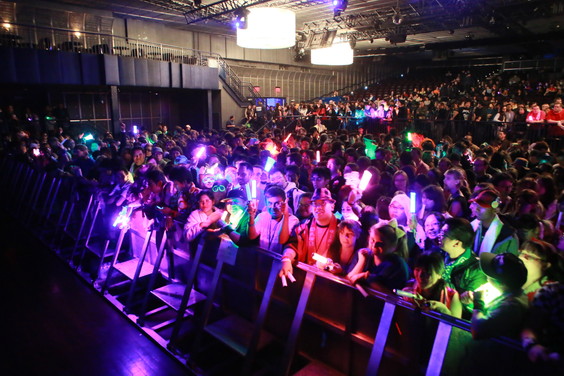
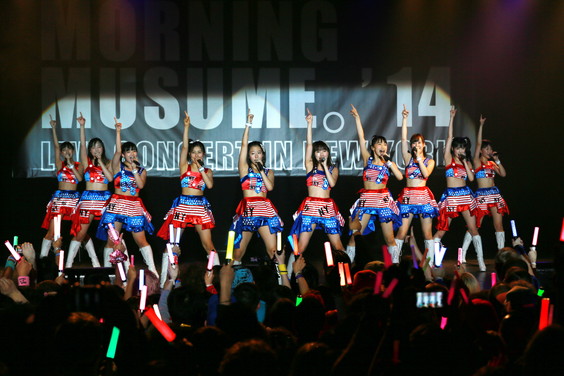
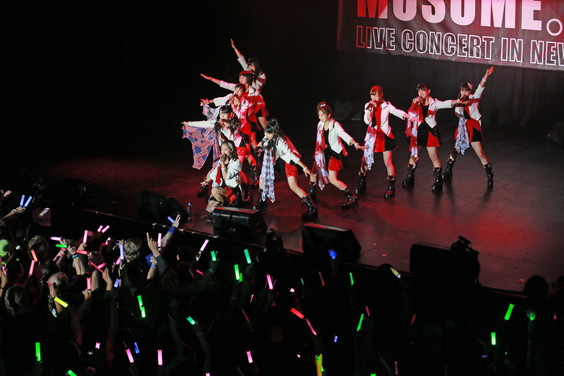
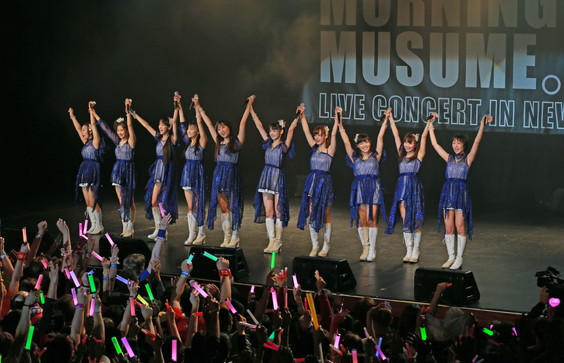
Riho Sayashi We got to perform a concert in New York – the home of entertainment. I had high expectations but I was also worried how we would do. The concert went really well, though, and I think it’s been a big confidence booster for me already. Not just in regards to putting on concerts overseas, but in our regular performances as well. I think that I’ll now be able to be more bold and confident in my performances than ever before.
Erina Ikuta A lot of people called me by my nickname, Eripon, and the emotional distance between Japan and overseas now seems a whole lot closer.
Mizuki Fukumura I memorized greetings and other phrases for when I visited France, but I had already studied English in school, so I was able to memorize a lot more this time. I told the audience at our concert, “I hope you start to like Morning Musume。even more,” and they seemed to understand, so that made me happy. It was because I practiced and I was prepared that it got through to them, though, so the next time I go overseas, I want to make sure I’ve studied up enough on the language of that country before I go.
As I listen to each of their responses I realized just how unique each of these members are and how their individualities come through in their answers. One of the most fascinating aspects of Japan, I think, is it’s diversity, and the very existence of Morning Musume。, made up of all these different characters and personalities, is a testament to this.
In summer 2010, I saw a live performance in Paris that changed my opinion of idols completely. I used to think that idols were of no concern to me or my work whatsoever, but this concert made me see that Japan’s idol culture is a national asset, and now the only member of that Paris concert who still remains in the group is Sayumi Michishige.
I asked Sayumi, the only member in the group with experience performing overseas, how she feels about the concert this time around.
Erina Ikuta A lot of people called me by my nickname, Eripon, and the emotional distance between Japan and overseas now seems a whole lot closer.
Mizuki Fukumura I memorized greetings and other phrases for when I visited France, but I had already studied English in school, so I was able to memorize a lot more this time. I told the audience at our concert, “I hope you start to like Morning Musume。even more,” and they seemed to understand, so that made me happy. It was because I practiced and I was prepared that it got through to them, though, so the next time I go overseas, I want to make sure I’ve studied up enough on the language of that country before I go.
As I listen to each of their responses I realized just how unique each of these members are and how their individualities come through in their answers. One of the most fascinating aspects of Japan, I think, is it’s diversity, and the very existence of Morning Musume。, made up of all these different characters and personalities, is a testament to this.
In summer 2010, I saw a live performance in Paris that changed my opinion of idols completely. I used to think that idols were of no concern to me or my work whatsoever, but this concert made me see that Japan’s idol culture is a national asset, and now the only member of that Paris concert who still remains in the group is Sayumi Michishige.
I asked Sayumi, the only member in the group with experience performing overseas, how she feels about the concert this time around.
 Measures and provisions are being taken at various locations in an effort to prevent the spread of the new coronavirus.
Measures and provisions are being taken at various locations in an effort to prevent the spread of the new coronavirus.




